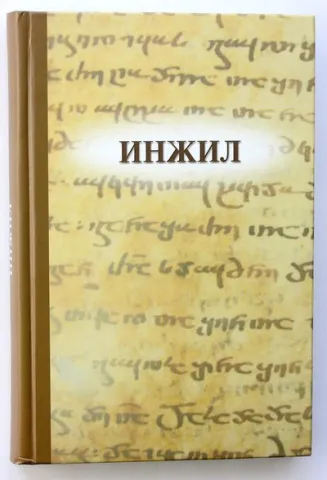IBT has recently published the Four Gospels in the Lezgi language. There are over 400,000 Lezgi speakers in the Russian Federation, most of whom live in south Dagestan near the border with Azerbaijan. More than 350,000 Lezgis also live in Azerbaijan, as well as in Turkey, Turkmenistan, Kazakhstan and Kyrgyzstan.
The ancestors of the Lezgi people came from a confederation of East Caucasian tribes that made up the Caucasian Albanian kingdom. Their languages were closely related, and they shared the Christian faith of their Georgian and Armenian neighbors. These tribes had their own writing system and their own translation of the Bible. Caucasian Albania was conquered by the Arabs in the 7th century A.D., at which time Islam began to spread among the Lezgi tribes. A manuscript dating back to the 5th century was recently deciphered as containing Bible portions in old Udi, one of the Lezgi languages. The Bible translation work being done today into contemporary Lezgi rests partially on this earlier tradition of Bible translation among the Lezgi tribes, which fact adds an extra level of depth to the translation project and attracts interest to it from outsiders. This is why photographs of the ancient Caucasian Albanian manuscript of a Gospel text grace the pages of the new IBT edition of the Four Gospels.
Work on producing a modern Lezgi translation of the Bible has been going on both sides of the Dagestan-Azerbaijan border since the early 1990s. Prior to the Four Gospels publication, IBT published Selections from Matthew (1990), the Gospel of Mark (1996), Luke and Acts (2004), the Children's Bible (2009), and Ruth/Esther/Jonah from the Old Testament in 2010. Further work on both Old and New Testament books is in progress.

